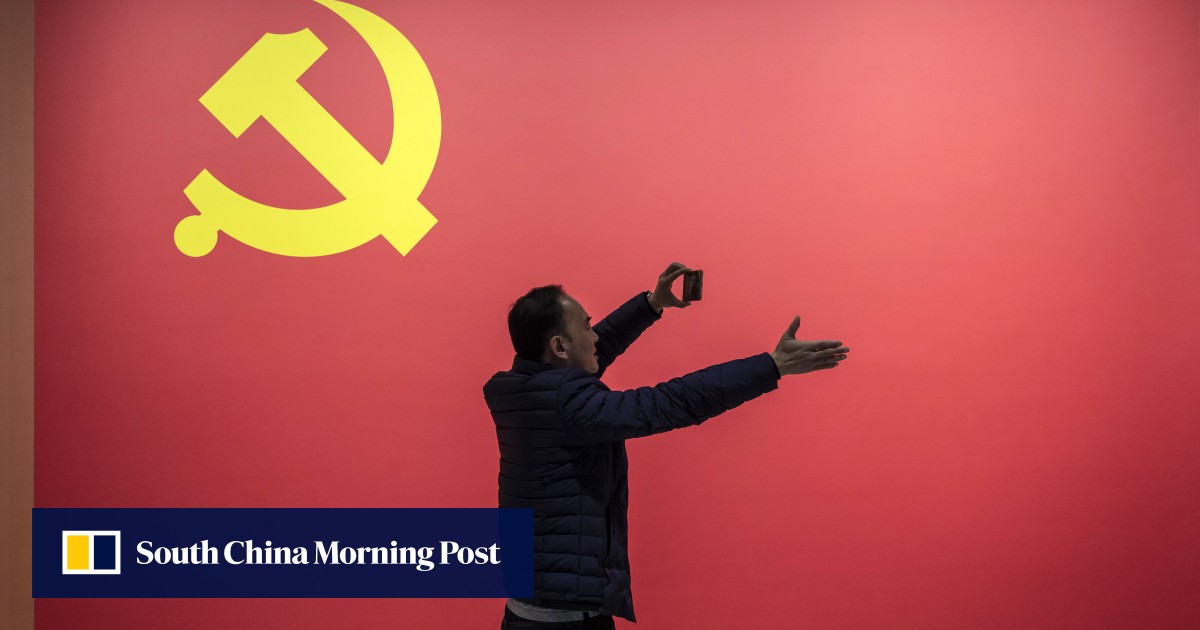Previously, the regulation said only that the buying and disseminating of sensitive works would be punished. Now, party members face serious warning, disciplinary probation or even expulsion if they are found to have read proscribed materials.
Chinese officials must feel they are being ‘followed by shadows’, Xi says
Chinese officials must feel they are being ‘followed by shadows’, Xi says
The powerful party watchdog has listed the reading of books deemed politically unflattering as a political offence in many of its recent investigations, including those into Zhu Congjiu, once deputy governor Zhejiang, and Liu Liange, the former president of the Bank of China.
The pair are now facing trial for allegedly taking bribes after being placed under formal arrest in recent months.
In line with China’s party-state system, accused cadres face an internal party disciplinary process before they are handed over to the state’s jurisdiction for trial and sentencing.
The regulation also spells out clearly, for the first time, that party members will be expelled if they solicit prostitution or use illegal drugs – minor offences under the criminal code, but enough to cause “serious damage to the image of the party”.
Other changes include a new clause targeting party members misusing or embezzling public funds, tax revenues, state-owned assets, government procurement and other violations of “national financial and economic disciplines”. Disciplinary actions include expulsion.
The revised regulation also warns that party members who befriend political swindlers hoping to secure positions and power risk removal from party posts, probation, or expulsion.
Former Bank of China chief Liu Liange facing corruption investigation
Former Bank of China chief Liu Liange facing corruption investigation
New provisions carry similar punishments for party members and leading cadres who “act recklessly” in their jurisdictions, engage in “cliqueism” or refuse to implement or even sabotage the party leader’s policy decisions.
The CCDI has also fleshed out integrity violations, saying that gifts given in disguised form as fees for lectures, projects, consulting or other services will be treated as bribery.
Party members who give gifts, vouchers, financial securities and other properties that obviously exceed the normal reciprocity to public servants and their family members will also face a warning, probation and expulsion from party positions, it said.
Deng Yuwen, former deputy editor of Study Times, official newspaper of the Central Party School where cadres are trained, said the latest revision to the disciplinary code sets a bar so high it is “almost impossible” for party members to meet.
“It lists all imaginable offences, especially in the chapter on political discipline violations. All party members and leading cadres will have to be extremely careful so that they do not violate such discipline,” he said.
Associate professor Alfred Wu from the National University of Singapore’s Lee Kuan Yew School of Public Policy, said many of the additions to the regulation were merely confirming the practice of CCDI investigations over the past five years.
“It is woven into an ever tighter knot for all party members and cadres, as President Xi [Jinping] wants them to follow his direction closely.”







